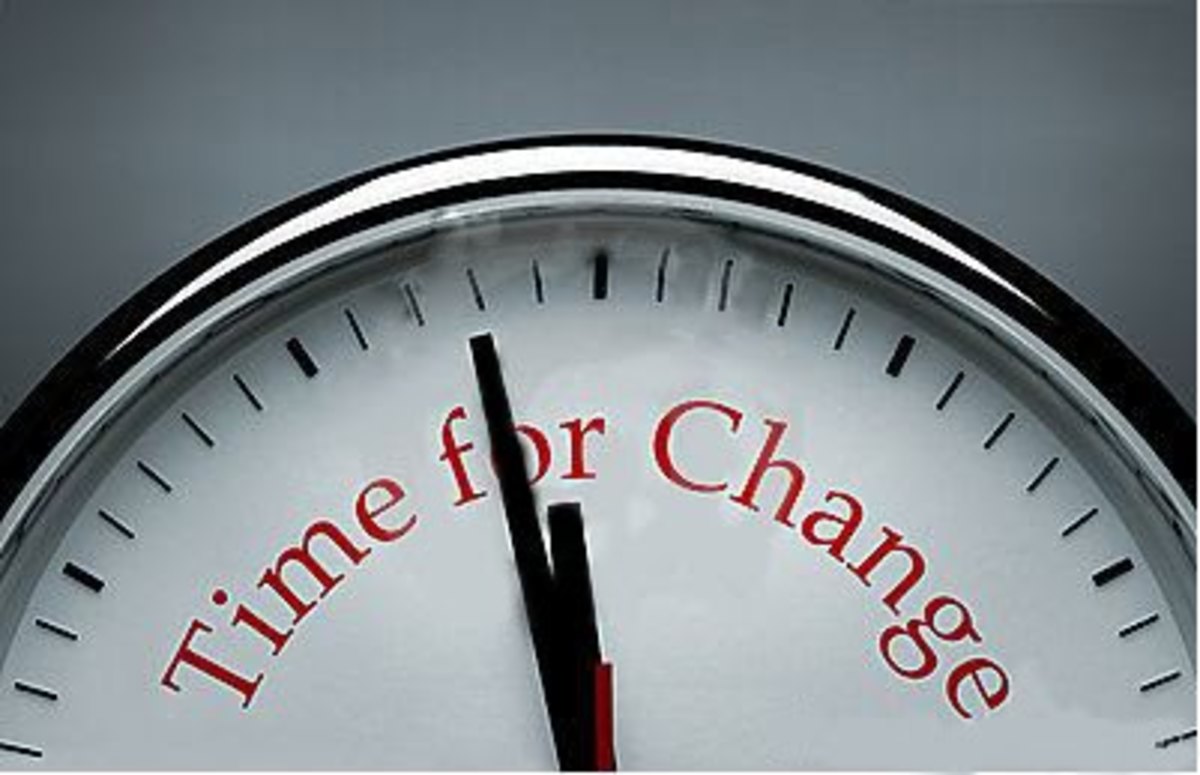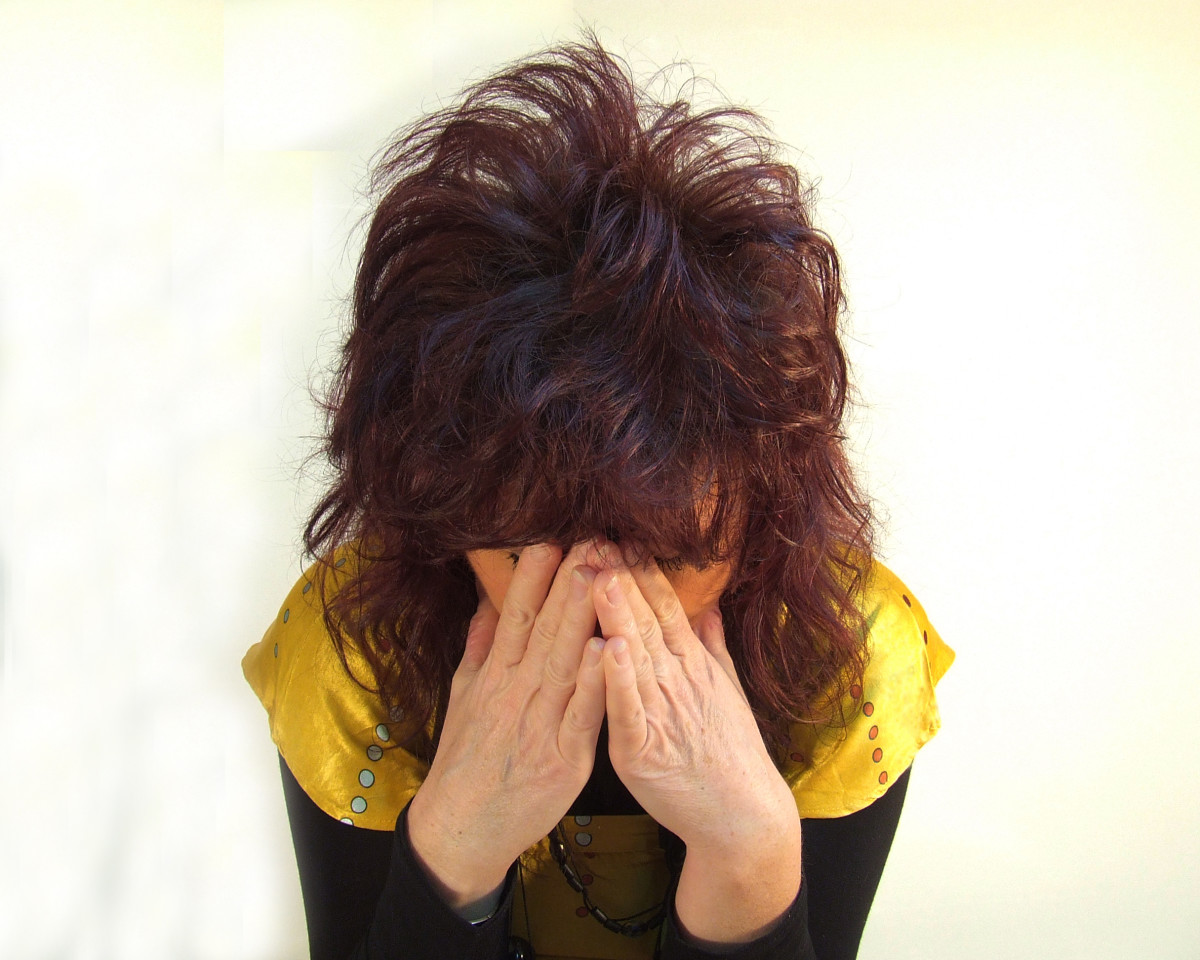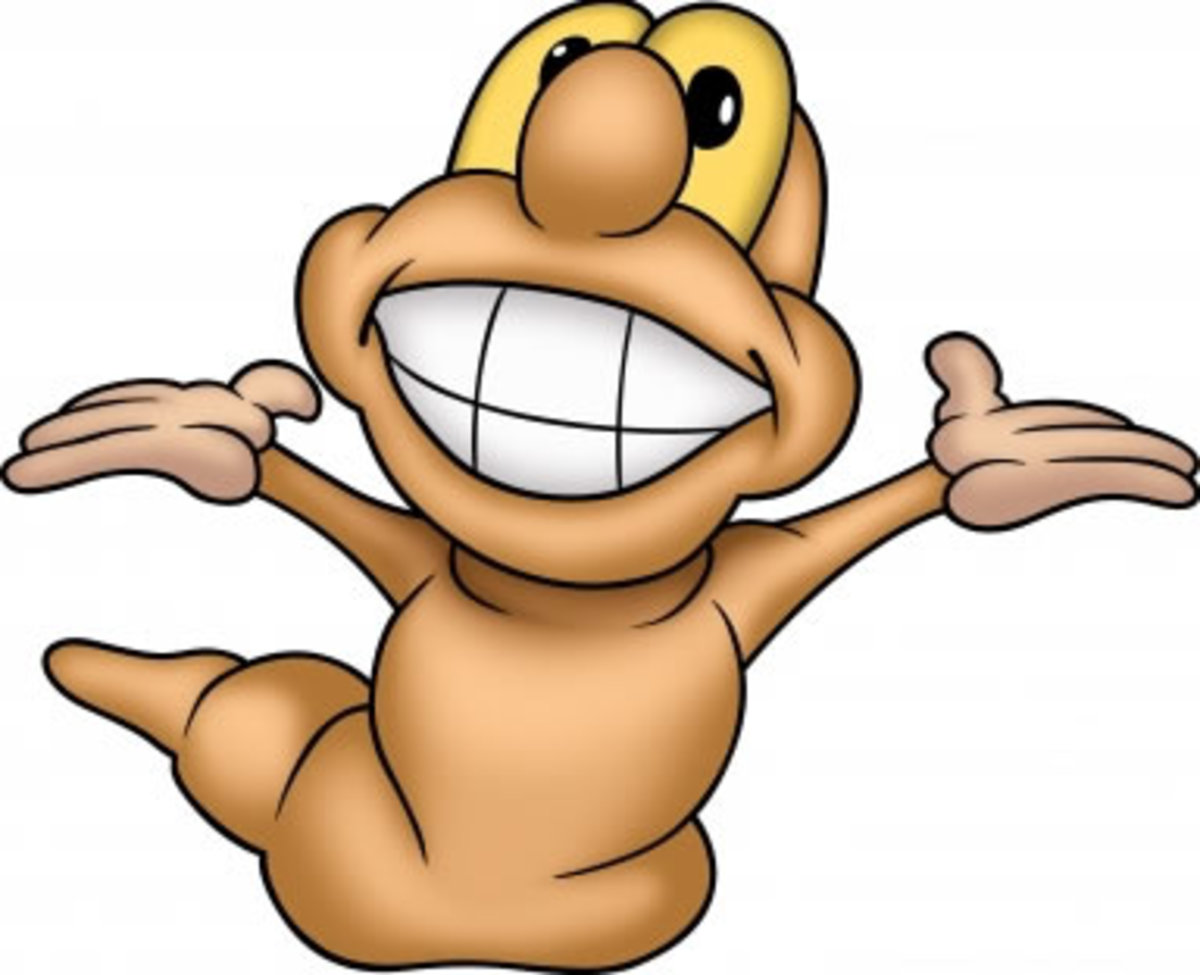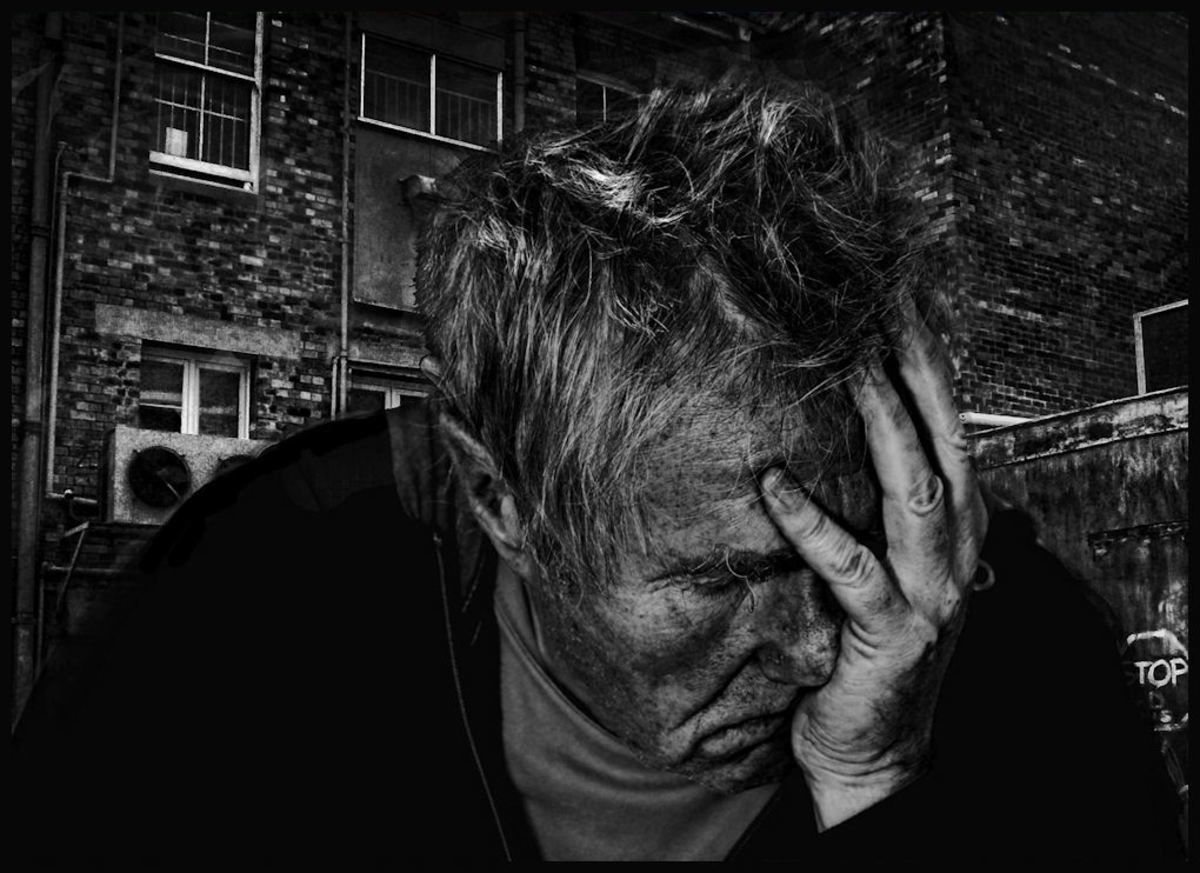Treating Depression: Depression Treatment
The major symptom of depression is a profound feeling of sadness and/or the inability to experience pleasure.
Most of us experience sadness or feel depressed at some point or the other in our lives but clinical depression is different because of it's intensity and duration.
Common symptoms of depression involve feelings of sadness, hopelessness and poor self-esteem. This may be accompanied by guilt, anger, irritability, inability to concentrate or make decisions, loss of interest and pleasure.
There may also be fatigue, low energy levels, disturbance in appetite or weight, sleep changes, as well as aches and pains. Recurrent thoughts of death and suicide may also be experienced.
According to DSM IV-TR, there are two types of Depressive disorders: Major Depressive Disorder or Dysthymic Disorder. The criteria for the former is a sad mood or loss of pleasure for 2 weeks, along with at least four other symptoms of depression.
Criteria for Dysthymic disorder means a depressed mood lasting more than half of the time for two years, with at least two of the symptoms of depression.
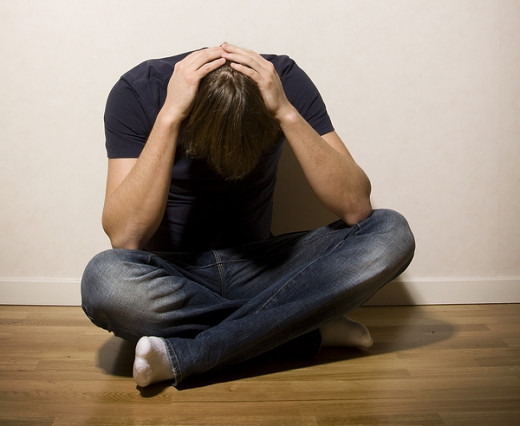
Treatments Of Depression:
There are several different types of treatments available for depression. They come under the following categories:
Psychological Treatments:
- Interpersonal Psychotherapy
- Cognitive Therapy
- Mindfulness-based Cognitive Therapy
- Behavioural Activation Therapy
- Behavioural Couples Therapy
Major Depressive Disorder:
Symptoms are present for nearly every day - most of the day - for at least 2 weeks
Dysthymic Disorder:
Symptoms of depression do not clear for more than 2 months at a stretch - for two years.
Biological Treatments:
- Electro-convulsive Therapy
- Medications
Other treatments:
- Exercise, walking, sports and recreation.
- Hobbies
- Support groups
- Self-help books
- Music and Art therapy
A person who is depressed often lacks the motivation and will to do anything much. Hence, the first step towards change is probably the hardest one to take, but with patience and support it is possible to move towards recovery.

Interpersonal Psychotherapy:
Most studies have shown that Interpersonal Psychotherapy (IPT) is a useful treatment for depression. The treatment is based on the principle that depression and interpersonal problems are closely linked.
The therapy focuses on understanding interpersonal problems such as role transitions, interpersonal conflicts, bereavement and interpersonal isolation.
IPT usually has limited sessions (brief therapy) and techniques focus on discussing interpersonal issues, helping the client identify his feelings about them, exploring negative emotions, encouraging their expression and making changes to resolve these problems.
It also involves improvement in both verbal and nonverbal communications, problem solving and discussing new and more satisfying ways of behaving and relating.
Thus, Interpersonal therapy helps to alleviate depression by improving relationships, social interactions, assertiveness and social skills.
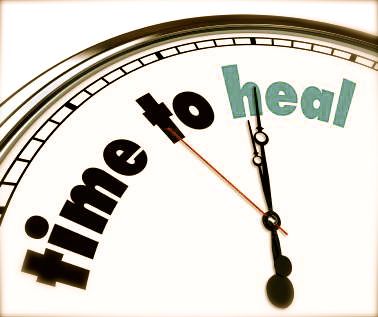
Cognitive Therapy:
Cognitive therapy is another popular treatment for depression.
It is very effective in helping clients alter maladaptive thought patterns and to change their opinions about self-worth and self-esteem.
Clients may be asked to monitor private monologues and identify negative patterns that lead to depression.
The therapy may also use the technique of cognitive restructuring i.e. challenging the negative beliefs of the clients and getting them to learn ways and strategies towards realistic and positive thinking. In this way, clients are encouraged to think less negatively.
Mindfulness-based Cognitive Therapy:
Mindfulness-based Cognitive Therapy (MBCT) is an adaptation of Cognitive therapy and focuses on preventing a relapse after successful treatment of recurrent episodes of depression.
The aim of MBCT is to help individuals recognise signs of relapse involving repeated associations between sadness, self-devaluation and hopelessness during major depressive episodes.
Strategies include teaching clients to view negative thoughts as 'mental events' (as opposed to reality) and to develop a detached attitude towards depression-related thoughts and emotions.
However, Mindfulness-based Cognitive Therapy is most effective for people with recurrent major depression and therapy is often done in groups.

Behavioural Activation Therapy:
Behavioural Activation Therapy is a treatment that uses behavioural activation (BA) i.e. a technique in which clients are encouraged to do things that provide them with positive experiences.
It seeks to increase their participation in positively reinforcing activities in order to disrupt the spiral of depression, withdrawal and avoidance (Martell, 2001).
Behavioural activation helps clients to tackle everyday chores and tasks that they may be avoiding and overcome inactivity, withdrawal and inertia.
Behavioural activation may be used as a part of Cognitive therapy or by itself. Group versions of BA are also effective.
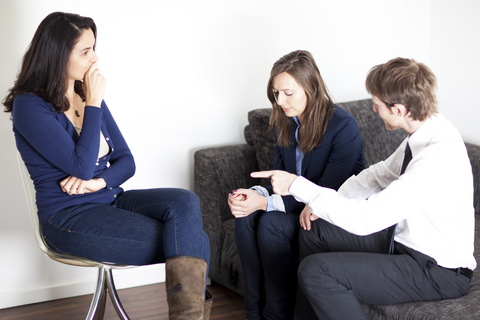
Behavioural Couples Therapy:
Depression is often linked to relationship problems and family dysfunction.
Behavioural Couples Therapy thus focuses on working with couples in order to improve communication and relational problems.
Studies show that when a person with depression is also experiencing marital stress or relationship distress, Behavioural Couples Therapy is as effective as individual Cognitive therapy (Jacobson et al., 1991).
Relieving stress between couples and distress in relationships, helps to alleviate depression.
Electro-convulsive Therapy:
One of the biological treatments of depression is Electro-convulsive Therapy (ECT).
This form of treatment is used mostly for extreme cases which do not respond to medication or pose a high risk of suicide. In short, it is used only when all other treatments for depression have failed.
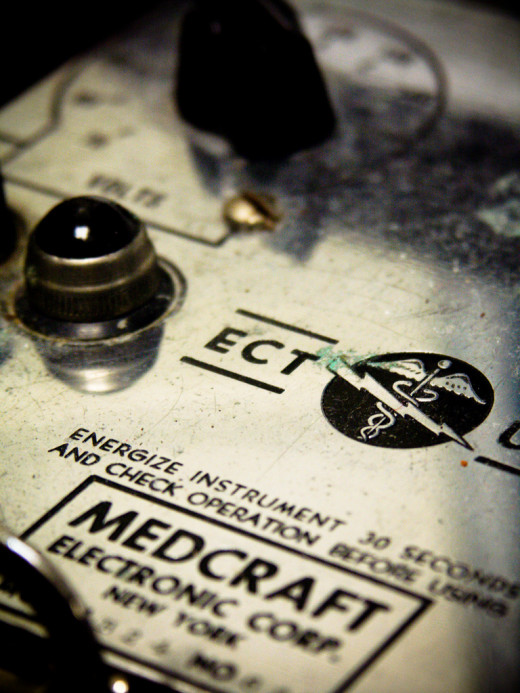
Electro-convulsive Therapy involves passing a 70-130 Volts current through the brain of the client to induce momentary seizure and unconsciousness.
Unlike what was previously practised, ECT has evolved into a much safer, quicker and painless treatment.
Clients are often given muscle relaxants before treatment and the convulsive spasms are barely perceptible.
The client may need 6-12 treatments, several days apart in order to achieve maximum results.
Even though Electro-convulsive Therapy is an effective treatment of depression, many people consider it intrusive and drastic.
There may also be some cognitive side effects to the treatment such as short-term memory loss and confusion.
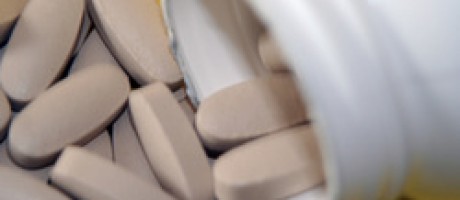
Medication:
Medication is the most common treatment for depression. There are three major types of antidepressants:
- Monoamine oxidase (MAO) inhibitors
- Tricyclic antidepressents
- Selective serotonnin reuptake inhibitors (SSRIs)
Antidepressants work on the chemicals in the brain to help relieve stress. However, drugs are not a cure for depression - they only treat the symptoms. On the other hand, they can provide the initial relief to motivate individuals to tackle the real cause behind their depression.
Medicines Commonly Prescribed For Depression:
The trade names for some of the commonly used drugs for treatment of depression are:
PARNATE
TOFRANIL
ELAVIL
PROZAC
ZOLOFT
LITHIUM
Antidepressants are not recommended in cases of mild depression because of their side effects, but are effective for more severe forms of depression, especially chronic depression.
The side effects of antidepressants include hypertension, dizziness, tremors, blurred vision, nausea and headaches.
There may also be constipation, gastric disorders, weight gain, insomnia and erectile dysfunction.
Antidepressants can even increase the risk of suicide, heart attacks, diabetes, stroke and in rare cases, death.
Although research has shown the effectiveness of drugs for depression, it is also argued that pharmaceutical companies conduct most of these studies.
Even though antidepressants hasten recovery from an episode of depression, relapse in also common once the drug is withdrawn.
However, it is important to note that medication does provide temporary relief, especially in severe cases with the risk of suicide and other social problems.

Other Treatments For Depression:
Some of the other treatments of depression involve breaking through the cycle of negativity and the pattern of depressing thoughts by staying active and busy with fulfilling activities and interests.
Exercise, yoga, sports, walking, gardening, swimming and other forms of physical activity are helpful in alleviating symptoms of depression.
Connecting with people online or through self-help groups, clubs, libraries or common interest groups is another way of feeling supported.
Ways To Relieve Depression
Art therapy
Music therapy
Holistic practices
Spiritual healing
Meditation
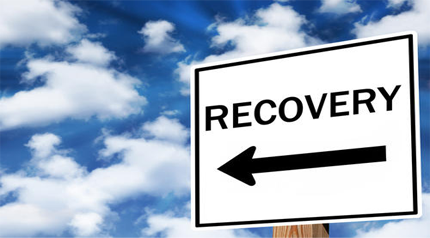
Taking up a hobby or getting involved with social or environmental drives may also be helpful.
Caring for yourself by healthy eating habits, avoiding caffeine or sugary foods and adding a good supplement to your diet is strongly advised.
Your local GP may recommend a befriending service that offers volunteers or befrienders who visit or support you.
Volunteering schemes are also set up to help people share common experiences with others in a similar situation.
Spending time with family and close friends is another way of relieving stress.
Overview On The Treatments Of Depression:
The latest research on the treatment of depression is focused on how these treatments actually work. Research has shown that all successful treatments work by changing the activity in the brain areas related to depression (Brody et al., 2001).
However, further study is needed into understanding the psychological and biological treatments of depression and how they impact the neurobiological processes within the brain.
This will help to come up with better and more effective treatments for depression and prevent the chances of relapse after recovery.



